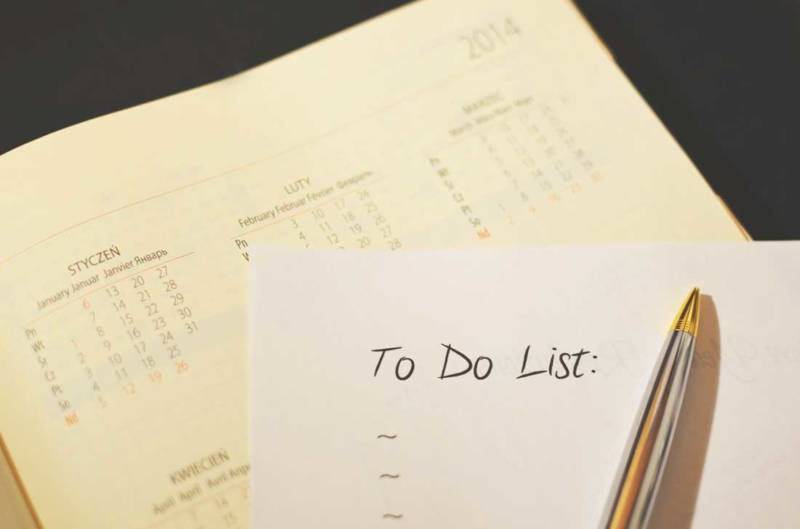Nothing beats the satisfaction of coming to the end of the day and feeling like it was successful. Planning and managing your time makes this possible. Planning ahead is one of the most important things your students can do in time management. Successful people always plan ahead. If you want your students to be successful in managing their time better, you need to teach them how to plan.
Here are four planning techniques that can help teach your students time management:
- Plan your day
- Change your habits
- Identify the best time for working
- Evaluate your day

Plan your day
To help your students with time management, teach your students to plan their days. They need to identify the most important things that need attention and block out enough time to be able to accomplish these. They need to manage tasks in relation to the time available to them. And remember to schedule in all of the tasks – those they have control over and those they don’t. Have them think about what they can realistically accomplish that day to further their goals.

Change your habits
Habits are things we do over and over again in a consistent way. People spend a large amount of time each day in habitual behavior (habits). People usually follow habits so automatically they don’t even know they are doing them. Some of these habits help us spend time in a way that is consistent with our true priorities. But many habits are time-wasters. Some good habits to teach your students are:
- Use a daily planner
- Pay attention to time-wasters you face everyday
- Try to eliminate time-waters
- Accomplish at least one small goal each day

Identify the best time for working
People’s body clocks have patterns. There are times during the day when we are alert, then our energy dips, and then it recovers. We sometimes hear people say they got a second wind when their energy recovers! For most people, energy levels are usually highest in the morning. Because of this, morning is a good time to handle difficult or complex tasks that require a lot of concentration. In the early afternoon is when our energy levels usually start to drop. Because of this, it is best to focus on moderately difficult tasks in the early afternoon. And often by late afternoon, people have the least energy and should focus on tasks that are the easiest to complete. However, everyone is different. Ask your students to reflect on what time of day is best for them to work.

Evaluate your day
Teach your students to evaluate their day at the end of each day. Ask them: Did you spend the time the way you planned? Were you able to accomplish everything you set out to accomplish? Taking this time at the end of the day will help them think about their progress and what they still need to work on. It will also help them improve their planning skills.
Thanks for tuning into our series on teaching planning and time management to your students. If you want to learn more about developing or teaching soft skills, sign up for a free soft skills webinar here.
